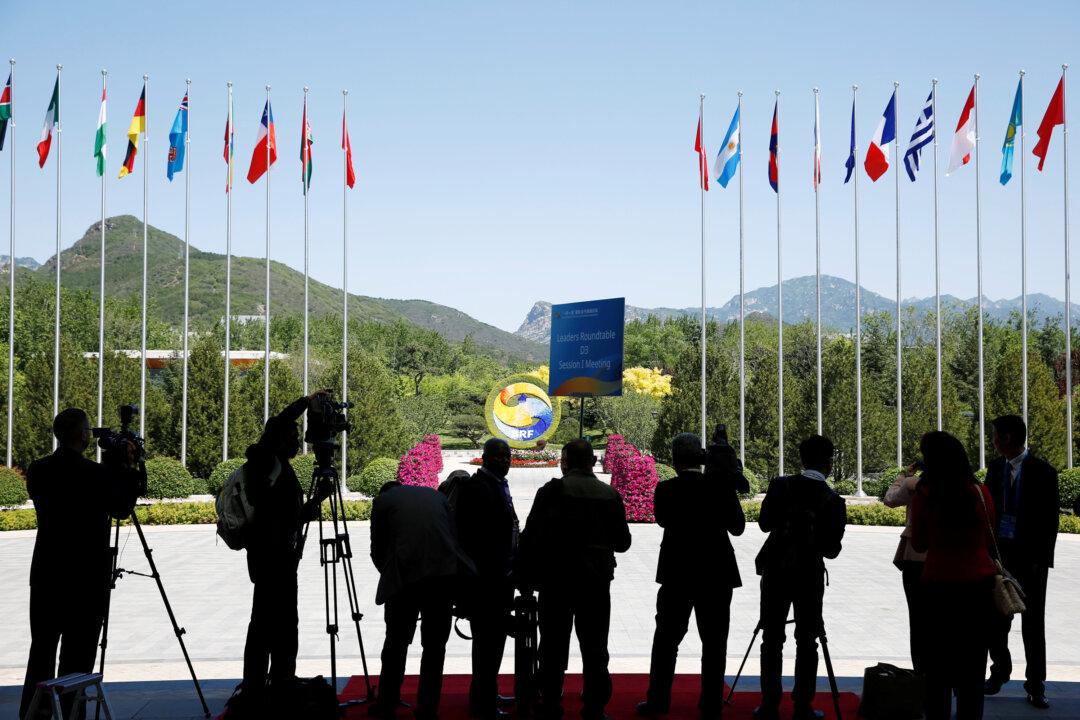In recent years, the Chinese communist regime has been aggressively pushing “dollar diplomacy” in countries participating in its Belt and Road Initiative (BRI)—Beijing’s grand foreign policy project that the Council on Foreign Relations has cautioned might be a “Trojan horse” for China-led regional development, military expansion, and Beijing-controlled institutions.
Its “dollar diplomacy” has seen various grants and scholarships established for international students from BRI countries to study in China. Internal Chinese Communist Party (CCP) documents obtained by The Epoch Times have confirmed that the CCP has directed huge sums of money to attracting foreign students, particularly from these countries, to study in China.




